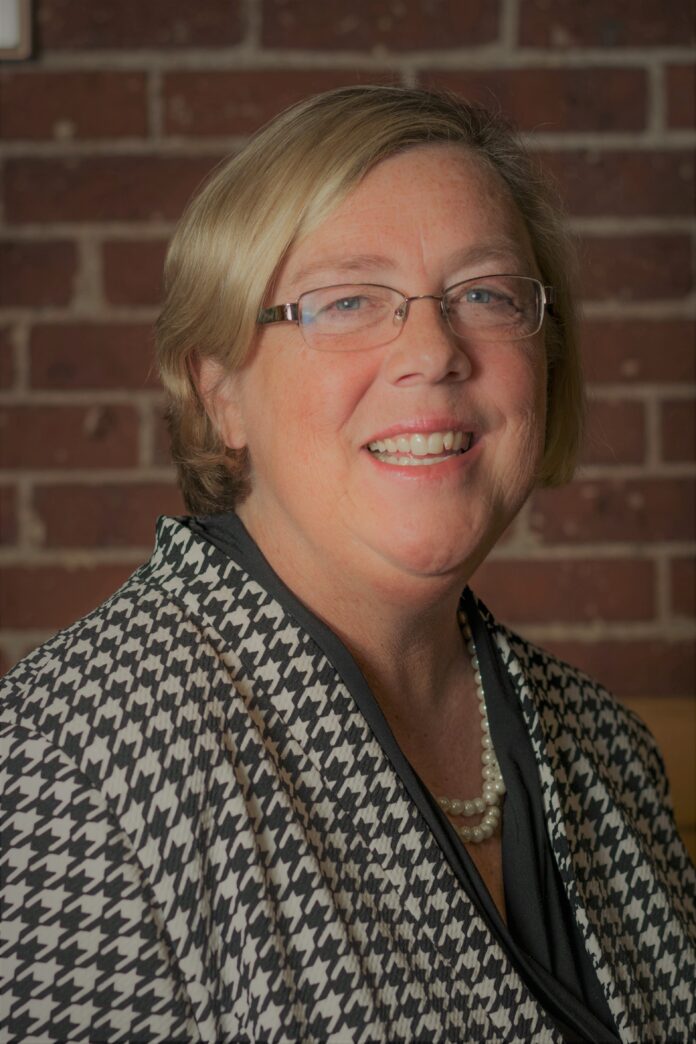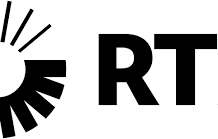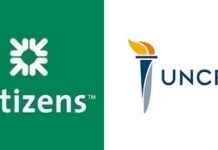Carolyn Kirk is executive director of the Massachusetts Technology Collaborative. The collaborative is a leader on the Massachusetts Manufacturing Emergency Response Team, or the MERT, an effort to respond to COVID-19 in terms of supporting manufacturers who want to pivot and produce items relevant to the pandemic.
The MERT started in March, spurred by state and manufacturing leaders, Kirk said, with a “head start,” as they knew many of the other key players through investments in advanced manufacturing. Strong connections with the health care system have also proven valuable, she said. A Fall River firm, Merrow Manufacturing, has found great success with personal protective equipment pivoting.
PBN: Part of what MERT offers is access to Massachusetts Manufacturing Extension Partnership advisers. What kinds of COVID-type issues are advisers consulting on now?
KIRK: Early on, the pivoting firms recognized how hard it is to make PPE that would be acceptable to the health care providers and regulators. The MERT provided expert support that addressed those regulatory hurdles but also product design, testing and sourcing the materials to make things like N95 masks or surgical gowns, which were in short supply.
From the start, MassMEP helped firms address the supply-chain issues and is now playing a larger role in advising firms. Other experts involved included several from MIT [Massachusetts Institute of Technology], which assisted firms in understanding the emergency guidance being issued by federal regulators, including the FDA [Food and Drug Administration].
We also brought together Mass.-based facilities that could help with testing PPE, including labs at UMass Lowell, MIT and the Advanced Functional Fabrics of America in Cambridge. Those organizations are playing a major role, by confirming the effectiveness of prototypes that have been developed and for PPE that’s been donated – including N95 and KN95 masks from overseas.
PBN: Merrow Manufacturing of Fall River has evolved as a leader in COVID-related pivoting. Can you tell us more?
KIRK: Merrow was one of the first firms we worked with, particularly around testing, labeling and access to a big institutional buyer such as the Commonwealth of Massachusetts. As a matter of fact, we placed an order for a million medical isolation gowns with them back in early April.
Since then, they’ve grown into the largest manufacturer of USA-sourced PPE, with a strong focus on medical gowns for the health care sector. Those gowns have also been purchased by hospitals throughout the region and by Rhode Island as well.
In May, I joined Gov. Charlie Baker and other leaders for a tour of the Merrow factory. It was impressive how quickly they pivoted and got people producing PPE, and in a way that protected their workforce. They recognized the severe need and quickly answered the demand.
PBN: In terms of numbers, about how many southeastern Mass. manufacturers have pivoted to produce COVID-related items, and how many inquiries are you receiving on average?
KIRK: We know there are many firms out there addressing COVID-19, but we can only speak to those that have connected with MERT. The MERT has connected with over 900 firms from around the world that have shown interest in pivoting to make PPE, all at various stages of development. About 60%, or nearly 550, are from Massachusetts, with 170 different cities and towns represented. We’ve had a solid outpouring from southeastern Massachusetts, with over 135 companies represented, including 45 from Bristol County, 50 from Norfolk County, 33 in Plymouth County and seven in Barnstable County on Cape Cod.
Only a small number of firms – like Merrow and Matouk in Fall River – were able to quickly pivot making medical-grade PPE, but there are other existing suppliers in the state that have also ramped [up] production, such as Gerson in Middleborough. There are also many other firms producing nonsurgical masks, face shields, hand sanitizers and other materials for use by the general public.
A small apparel manufacturer from Cape Cod, Speakeasy Travel, just won $25,000 in an “intrapreneur challenge” we sponsored, encouraging Massachusetts firms to pivot and produce general-use face masks.
PBN: You are quoted as saying that where PPE demand in Mass. is high, “some Massachusetts manufacturers have been searching for strong data to confidently turn over their operations and pivot to producing PPE.” From where?
KIRK: Part of the MERT’s role has been to interface with our state’s COVID-19 Command Center, which is overseeing the state’s response. During the height of the crisis this past spring, as hospitals and first responders were all reporting shortages of PPE, it was important to identify the products most needed. Many established supply chains either disappeared or were simply overwhelmed by requests for PPE, which is why the MERT ramped up. By providing nearly real-time feedback on what products were needed most and could be manufactured quickly was critical in those early days – items such as surgical gowns, for example.
But wanting to pivot and being able to pivot are two different things. To make PPE, you need rigorous designs and in some cases, new machinery to ensure that the products work and will protect front-line workers. That’s a major investment, particularly for small manufacturers.
As we got further into the crisis, the question became: What will the demand be like in Massachusetts in six, 12, or 18 months? And will there be a market by the time some of these manufacturers are ready to produce? To answer that concern, our MERT partners at MIT Lincoln Laboratory looked at that specific question and estimated that Massachusetts would need roughly 99 million N95 masks and 34 million gowns over the coming 12 months, which was an eye-opening stat.
PBN: Are there risks in turning over manufacturing operations to COVID-related products?
KIRK: At the MERT, we’re very data-driven, which is why we’ve relied on experts from our top institutions to supply input to those companies looking to pivot. The risk is theirs, but we acted as an information clearinghouse of sorts, helping them identify the best information, some of which was evolving rapidly.
Demand will be there for the foreseeable future, which is one reason why Massachusetts invested over $10 million to support companies producing PPE and to the labs that had PPE-testing capabilities. Three of those MERT grantees will produce around 28 million N95 masks in the first year of production and the state’s support will help lower the investment risk and kick-start new manufacturing lines. That will address about a quarter of the expected demand – all from new sources.
Our support for testing of PPE is another challenge for companies that we’ve tried to actively address, boosting the capability of our top labs. They’re providing a critical role to the pivoting companies, helping ensure that a newly made mask or gown will protect the health care workers and front-line responders that are relying on it.
Susan Shalhoub is a PBN contributing writer.













